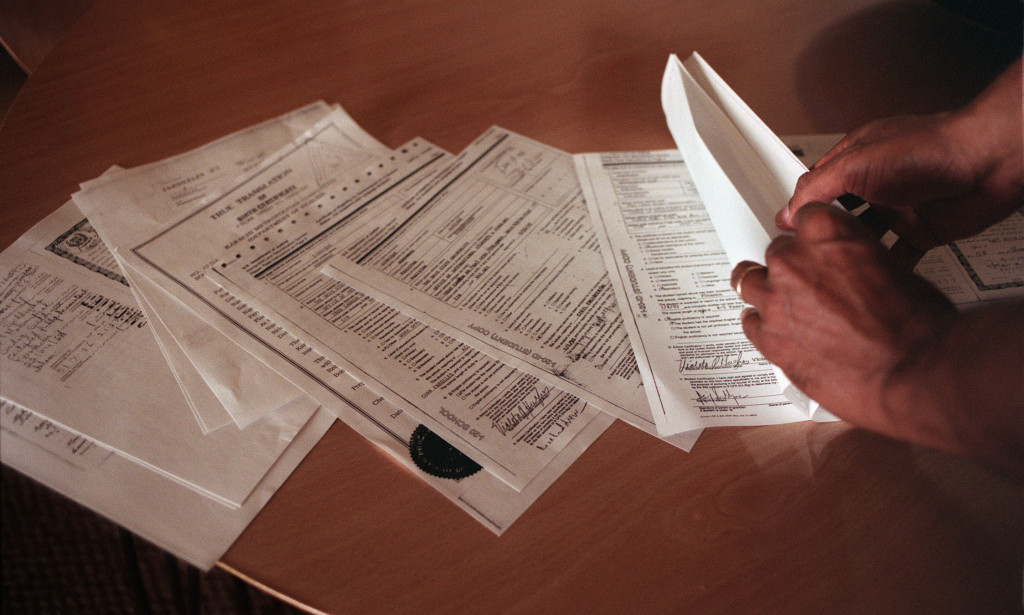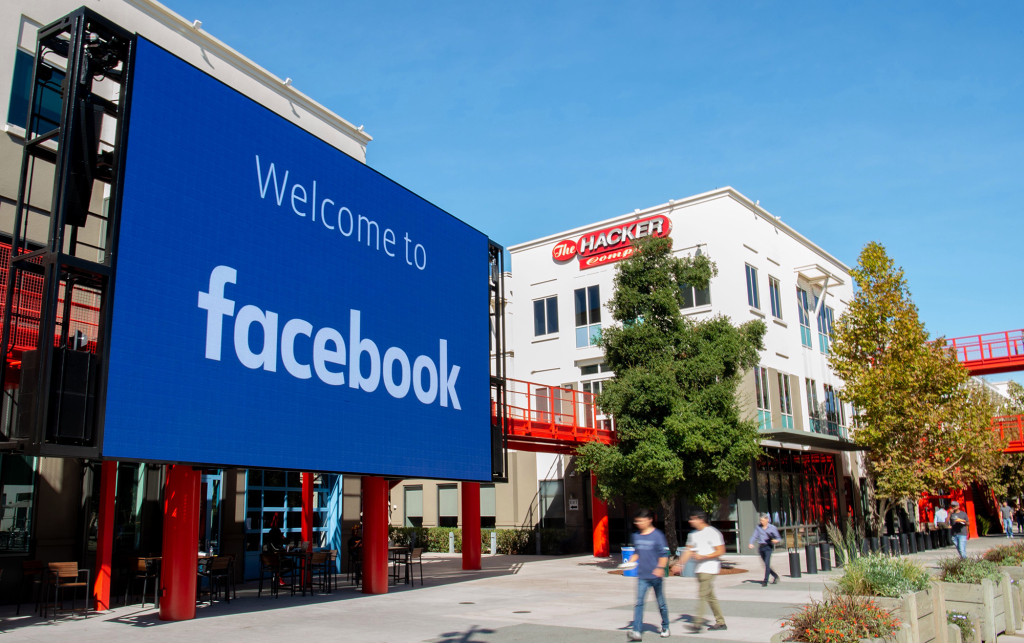A widely used work-permit program for foreign students and graduates of U.S. schools doesn’t hurt American workers, a new study concluded.
But the research by the National Foundation for American Policy ignores a lack of oversight that lets U.S. employers exploit non-citizens as cheap labor, at the expense of Americans, a prominent critic charged.
![]()
At issue is the “Optional Practical Training” work permit for foreign students and recent graduates of U.S. colleges and universities. The OPT allows recipients to work for a year, or in the case of students in science, technology, math and engineering fields, up to three years. The permit is seen as a pathway to the lottery-based H-1B, and in some cases as an easier-to-get alternative. After expanding a reported 400 percent among STEM students and graduates in the eight years following 2008, the OPT in 2017 saw its slowest growth since 2004, a drop that observers linked to the immigration crackdown by President Donald Trump.
On Wednesday, the National Foundation for American Policy reported that its analysis of data from U.S. Immigration and Customs Enforcement found “no evidence that foreign students participating in the OPT program reduce job opportunities for U.S. workers.” Employers are more likely to hire foreign students when U.S. workers are scarcer, the think tank said. “The results suggest that the program provides a safety valve for employers when they have difficulty hiring STEM workers,” according to the foundation.
Not only does the OPT program give employers a chance to evaluate a new hire’s suitability for the work before pursuing an expensive H-1B visa for them, it provides multiple opportunities for a foreign graduate to get into the H-1B program while they remain in the U.S., the foundation said.
The H-1B, intended for specialized jobs, has become a flashpoint in America’s debate over immigration. Major technology companies, including those in Silicon Valley, rely heavily on the visa to obtain top talent and push to expand the annual 85,000 cap on new visas, but critics point to reported abuses by outsourcers and argue that the visa is used by employers, including the tech giants, to supplant Americans with lower-cost foreign citizens.
One frequent critic of the H-1B, Howard University professor Ron Hira, argued that the OPT program provides “government-certified cheap labor” and rigs the system against American students and workers. Noting that the OPT was designed as an education supplement, Hira took aim at “STEM extensions” that increased the permit’s duration for workers in certain fields.
“There is no educational basis for anyone to need three years of work experience to complete their educational experience,” Hira said. “We confer degrees with the expectation that our graduates can practice their profession.”
Although rules for the OPT specify that permit holders must be paid comparably to American workers with similar education and experience doing similar work, a lack of oversight means employers can pay OPT workers whatever they want, Hira said. And employers have a powerful incentive to prefer OPT holders over Americans, as the foreign permit holders don’t have to pay Social Security and Medicare taxes, effectively handing employers a 12 percent discount on what they pay the workers, he said.
And OPT workers are vulnerable to exploitation beyond the area of pay, Hira said. “The employer asks you to work 60 hours,” he said. “How will you respond?”










